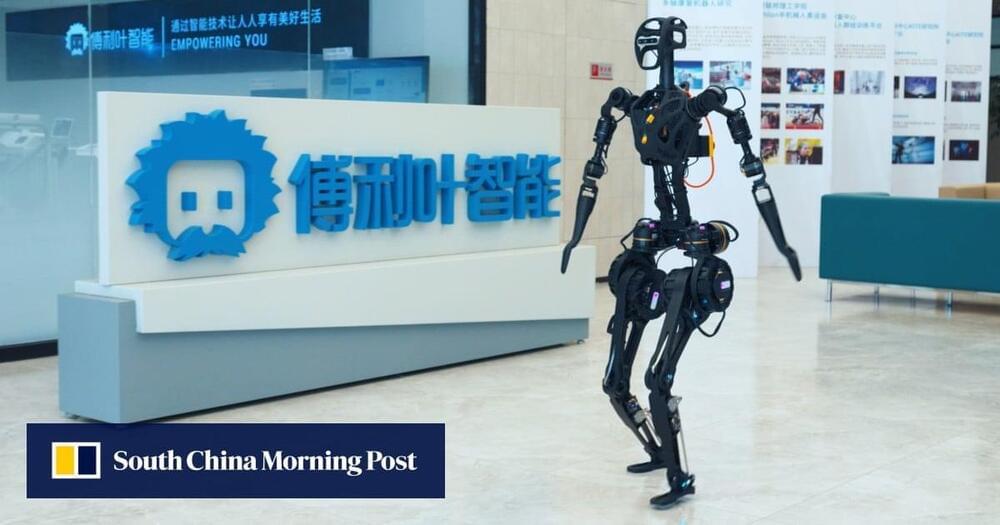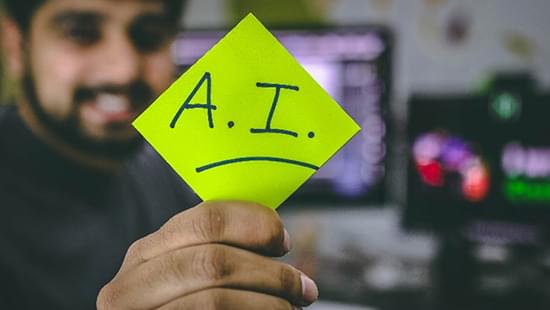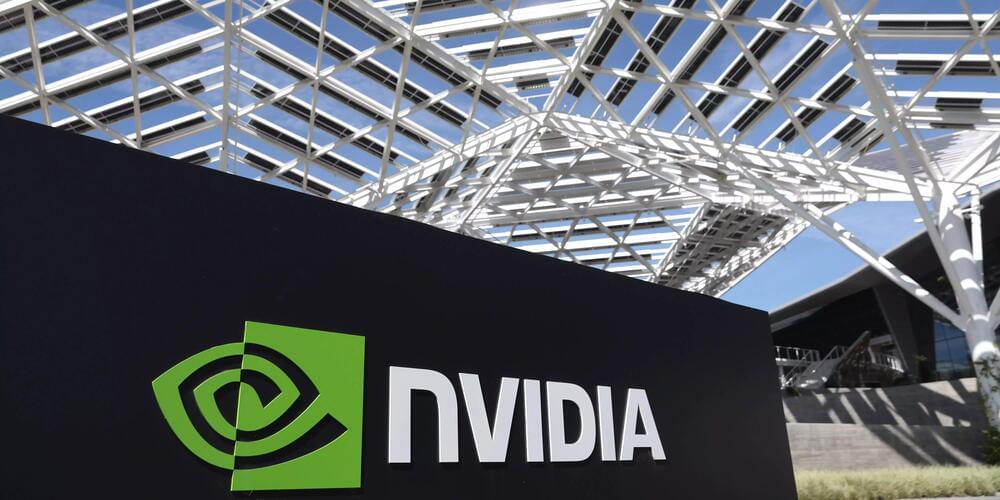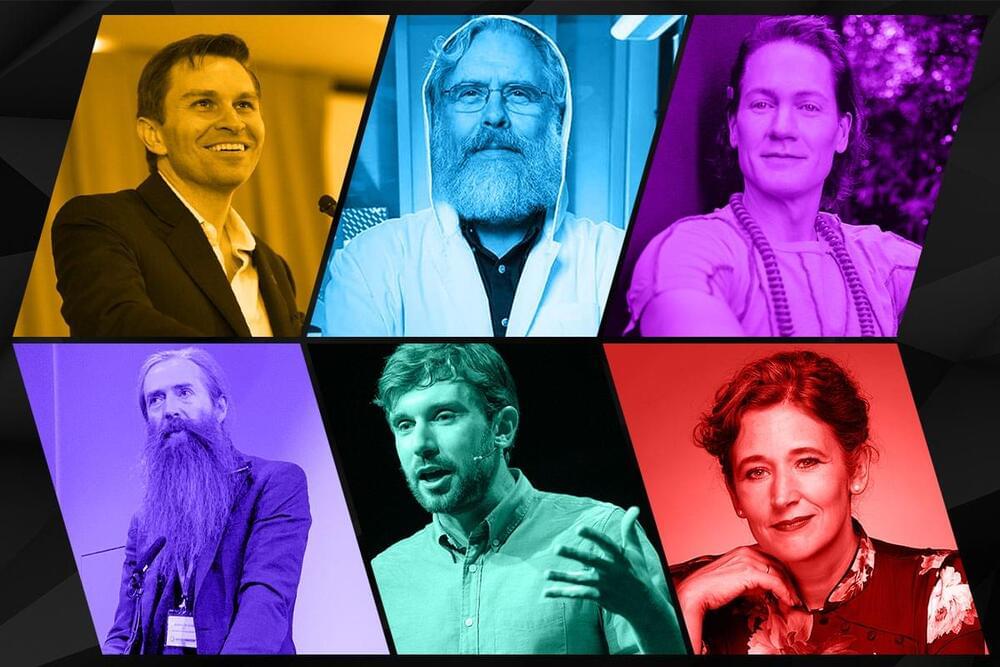Since the release of ChatGPT, huge amounts of attention and funding have been directed toward chatbots. These A.I. systems are trained on copious amounts of human-generated data and designed to predict the next word in a given sentence. They are hilarious and eerie and at times dangerous.
But what if, instead of building A.I. systems that mimic humans, we built those systems to solve some of the most vexing problems facing humanity?
In 2020, Google DeepMind unveiled AlphaFold, an A.I. system that uses deep learning to solve one of the most important challenges in all of biology: the so-called protein-folding problem. The ability to predict the shape of proteins is essential for addressing numerous scientific challenges, from vaccine and drug development to curing genetic diseases. But in the 50-plus years since the protein-folding problem had been discovered, scientists had made frustratingly little progress.
Enter AlphaFold. By 2022, the system had identified 200 million protein shapes, nearly all the proteins known to humans. And DeepMind is also building similar systems to accelerate efforts at nuclear fusion and has spun off Isomorphic Labs, a company developing A.I. tools for drug discovery.
Demis Hassabis is the chief executive of Google DeepMind and the leading architect behind AlphaFold. So I asked him on the show to talk me through how AlphaFold actually works, the kinds of problems similar systems could solve and what an alternative pathway for A.I. development could look like.
Mentioned:







